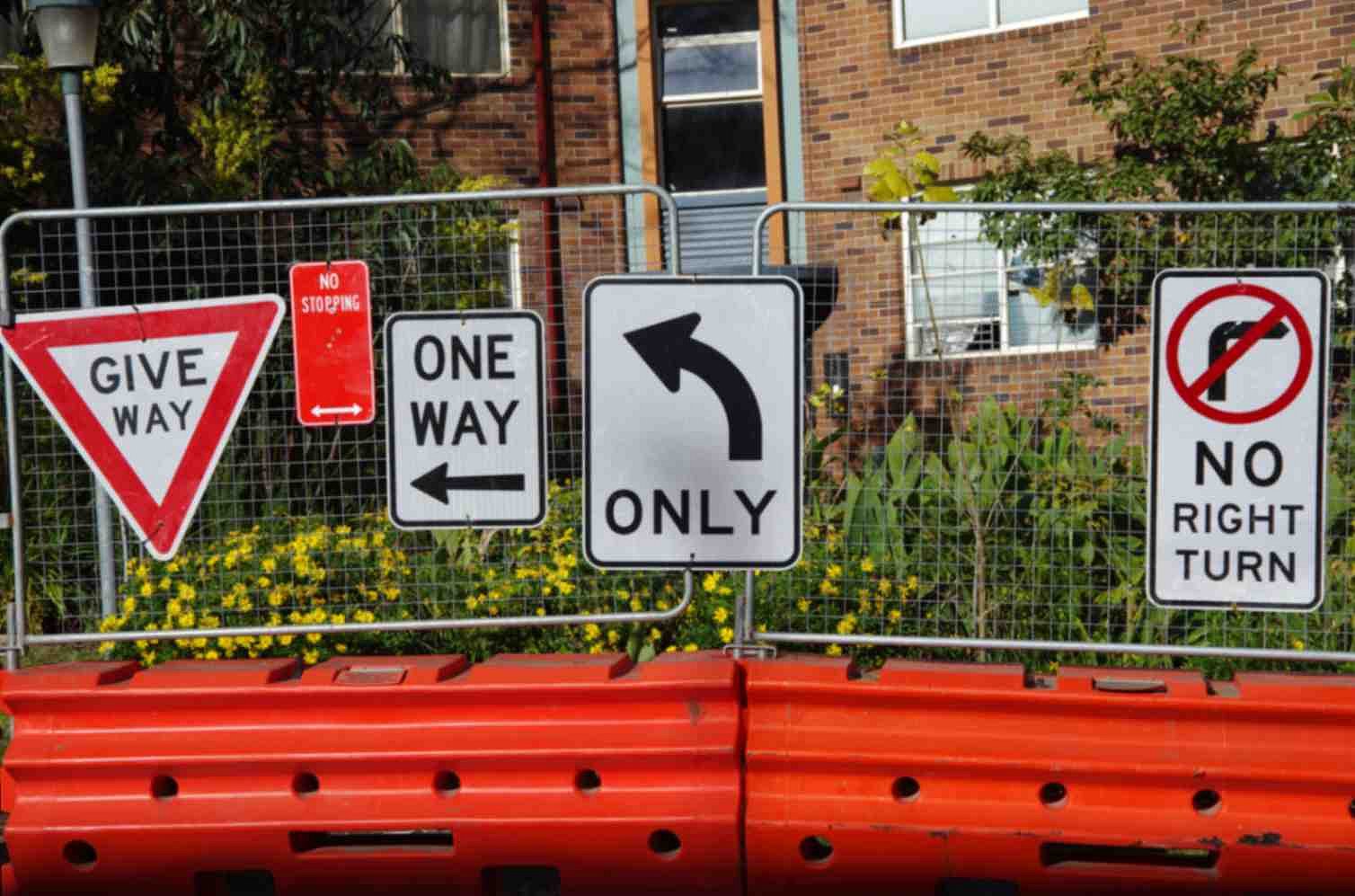Knowledge Hub

Consider These 6 Factors When You Review a Business Insurance Policy
Running a business is both gratifying and hard work, which is why you’ve probably taken out a Dialdirect business insurance policy. Insurance for businesses is designed to protect one’s assets against risk. However, reviewing your policy regularly is very important. Take a look at six factors you need to consider when you’re reviewing your policy.
1. All business risks are covered
Make sure the policy covers all the risks that your business may face, such as property damage, liability, and loss of income. For example, business insurance that covers property damage will protect your business's physical assets, such as buildings and equipment, in case of fire, theft, or other incidents, whereas public liability insurance will protect your business against claims of negligence or other liabilities that may arise.
Business interruption insurance will cover any loss of income due to certain operations’ problems. It will also provide financial protection if your business is forced to close temporarily due to a covered event.
Depending on the type of business your own, it's also worth considering additional coverage options such as cyber liability insurance or professional indemnity insurance. If you’re unsure of what you may need, look at our Tips for getting the right business insurance for your job or company.
2. Be aware of the limits
Review the business insurance policy limits to ensure that they are adequate. Policy limits are the maximum amount of money that the insurance company will pay out for a covered claim.
When reviewing your policy's limits, you should ensure that they are high enough to cover the potential cost of a loss. If your business operates in a high-risk industry, like manufacturing, you may need higher coverage limits to provide adequate protection. Consider the following scenario: if a fire were to damage specialised equipment in a factory, it would prove very costly to repair or replace. So, it’s imperative that you are not underinsured.
Also, depending on the type of business, you may have different types of limits for different types of cover, for example, for property damage, liability and business interruption insurance. Some coverage types of insurance for businesses may have sub-limits, which means there is a limit of cover within the overall limit of cover. For example, a policy may have a limit of R10 million but a sub-limit of R1 million for certain types of claims. Make sure you’re aware of these sub-limits; if they’re not adequate, you can make the necessary adjustments.
3. Be aware of any exclusions
You need to understand what is excluded from the business insurance policy, so you know what risks are not covered. Exclusions are events, actions or circumstances specifically excluded from coverage under the policy. Not all risks will be covered under a policy, and exclusions will vary depending on the policy and your business type. A standard business insurance policy may exclude coverage for certain types of natural disasters[1], such as floods, or for certain types of criminal acts, such as fraud or embezzlement.
Review the exclusions of your policy and decide whether these are acceptable to you. Suppose there are any exclusions that you believe are particularly important to your business. In that case, you may consider adding endorsements to the policy to provide coverage for those specific risks.
4. Understand the policy terms and conditions
Study the policy terms and conditions carefully to ensure you understand the rights, obligations and limitations of the policy. The terms and conditions of a policy include important information such as the policy's coverage, exclusions, limits, and premiums. It also includes the conditions under which the policy will be in force and the responsibilities of the insurer and the policyholder.
When reviewing the terms and conditions, it's important to consider the following factors:
-
Coverage. Review the types of coverage included in the policy and ensure that they are appropriate for your business's needs.
-
Exclusions. Understand the exclusions in the policy and ensure they are acceptable to you and your business.
-
Limits. Review the coverage limits and ensure they are adequate for your business's needs.
-
Premiums. Compare the premium and deductibles of the policy to other insurance options. Make sure the cost is within your budget.
-
Policy requirements. Understand the policy requirements you must meet to keep the policy in force.
-
Notice of claims. Understand the notice and proof of loss requirements that must be met in case of a claim.
5. Look at the policy premiums
Compare the premium and deductibles of the policy to similar business insurance policies to ensure you are getting a good value for your money. The premiums will depend on various factors, such as the type of coverage, the limits of coverage, the level of deductibles, and the type of business you have. You may shop around and compare the prices of different insurance providers, as this will give you a good idea of the average cost of coverage. Remember that premiums can vary significantly between insurers, and it's important to weigh the cost of the policy against the level of coverage provided.
6. Review the insurance provider:
Research the insurance provider and ensure that they are reputable and financially stable. Make sure that the insurance company will be able to pay claims if something happens to your business. Check out review sites to check on their customer support.
Get a business insurance quote from Dialdirect
It's a good idea to consult with an insurance broker or agent to help you understand the limits of coverage and ensure that they are adequate for your business's needs. Dialdirect offers a range of customised business insurance policies that can be tailored to suit your business type. Apply for a quick online business insurance quote today.
Sources:
[1] Entrepreneur.com The rise of natural disasters is putting more businesses at risk
Disclaimer: The information in this article is provided for informational purposes only and should not be construed as financial, legal, or medical advice.

We Have Great
Insurance Products
Need car, home & Life Insurance? We offer a wide range of insurance products. Switch & get cash back on insurance premiums.
Related blogs

Business Made Easy
Law & Order: Defending Your Rights with Comprehensive Legal Cover

Business Made Easy
Difference Between Public Liability & Event Liability Insurance





